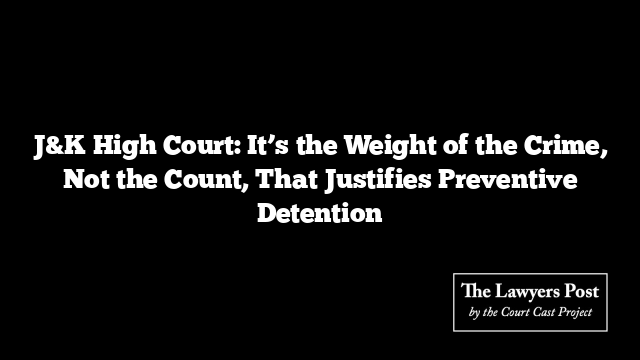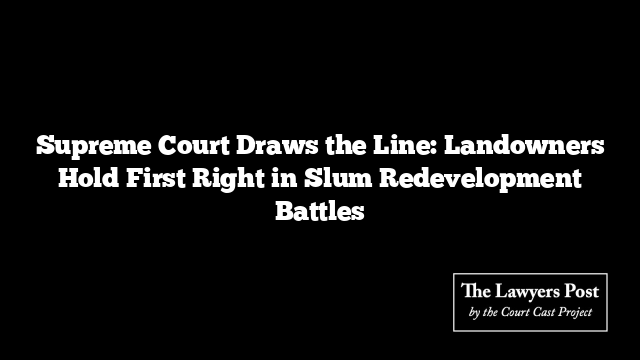The country’s top court has drawn a clear line—mere association with an organisation not listed as unlawful under the Unlawful Activities (Prevention) Act cannot, by itself, be treated as a UAPA offence.
The ruling came while the Supreme Court dismissed the National Investigation Agency’s plea against the Karnataka High Court’s decision to grant bail to Saleem Khan, accused of links with the group “Al-Hind.” The bench, led by Justices Vikram Nath and KV Viswanathan, underlined that since Al-Hind is not a proscribed outfit, attending its meetings does not amount to an offence under the UAPA framework.
Back in January 2020, police registered a wide-ranging case against 17 people under several provisions of the IPC and UAPA. The investigation was later handed to the NIA. While the High Court freed Saleem Khan on bail, it denied bail to another accused, Mohd. Zaid, citing his alleged links with ISIS handlers through the dark web.
On Khan’s role, the High Court had already noted that attending meetings, becoming a member of Al-Hind, or even procuring materials, shelters, and training support—without the organisation being classified as unlawful—could not, on its own, attract provisions of the UAPA.
The Supreme Court found no reason to interfere. However, it emphasized that trials in such matters cannot drag on indefinitely. It directed that the proceedings be concluded within two years, noting that prolonged incarceration without trial is unjustified.
The order thus reinforces a key principle: the label of criminality under UAPA arises only when linked to banned organisations, not by association with groups outside that list.





